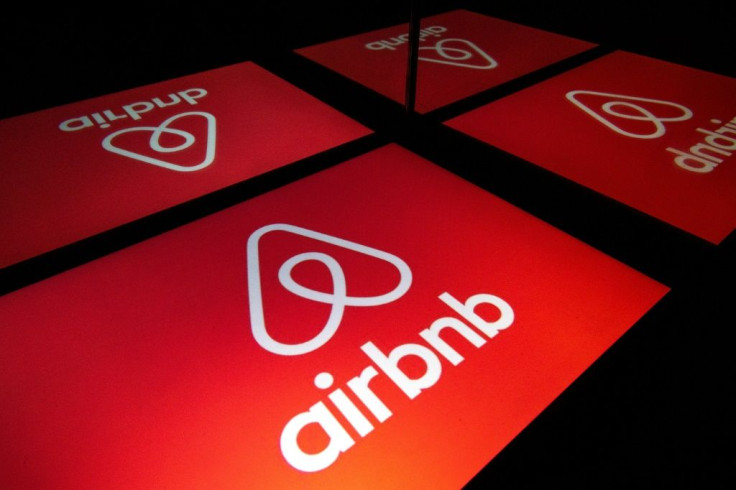Airbnb Updating 'Extenuating Circumstances Policy' To Better Serve Guests Affected By COVID-19 Outbreak

KEY POINTS
- Guests will be able to request full refunds under the extenuating circumstances policy in select countries heavily affected by coronavirus
- The policy extension will apply to China, South Korea, Italy and the U.S.
- Scenarios Airbnb will offer full refunds for include complying with travel restrictions or if a guest is diagnosed with COVID-19
Airbnb said Friday it was changing its extenuating circumstances policy to better accommodate guests whose travel has been affected by COVID-19 and international travel bans.
“Today, we are announcing changes to our extenuating circumstances policy to better serve our community,” Airbnb said. “The extenuating circumstances policy allows guests to cancel eligible reservations without charge.”
The change will apply to bookings in the U.S., China, South Korea and Italy, all of which have been hit by the coronavirus outbreak.
In the U.S., any guests who booked an Airbnb “on or before March 13, 2020, with a check-in date of April 1, 2020, or earlier” will be able to request a full refund. Overseas reservations had to “have been made on or before March 11, 2020, for travel between March 13 to April 13, 2020” for a guest to cancel for a full refund.
Any refund requests in the listed countries also need to be in compliance with any restrictions their respective health departments put in place, travel bans or cancellations due to COVID-19, or if they are diagnosed with it.
Normal Airbnb bookings are subject to one of six refund policies, depending on the option hosts choose to offer for potential guests. The options start at “flexible,” which allows for a “full refund of the nightly rate” as long as a booking is canceled by 24 hours before check-in, followed by “moderate,” “strict,” “long-term,” “super strict 30-day,” “super strict 60-day.” However, if a guest has to cancel because of “unexpected circumstances,” Airbnb can waive any cancellation fees if it qualifies under the extenuating circumstances policy.
Situations that previously qualified under the policy included an “unexpected” injury or illness, a government obligation, natural disasters or visa changes. Airbnb also requires documentation or a review, depending on the scenario.
© Copyright IBTimes 2025. All rights reserved.





















